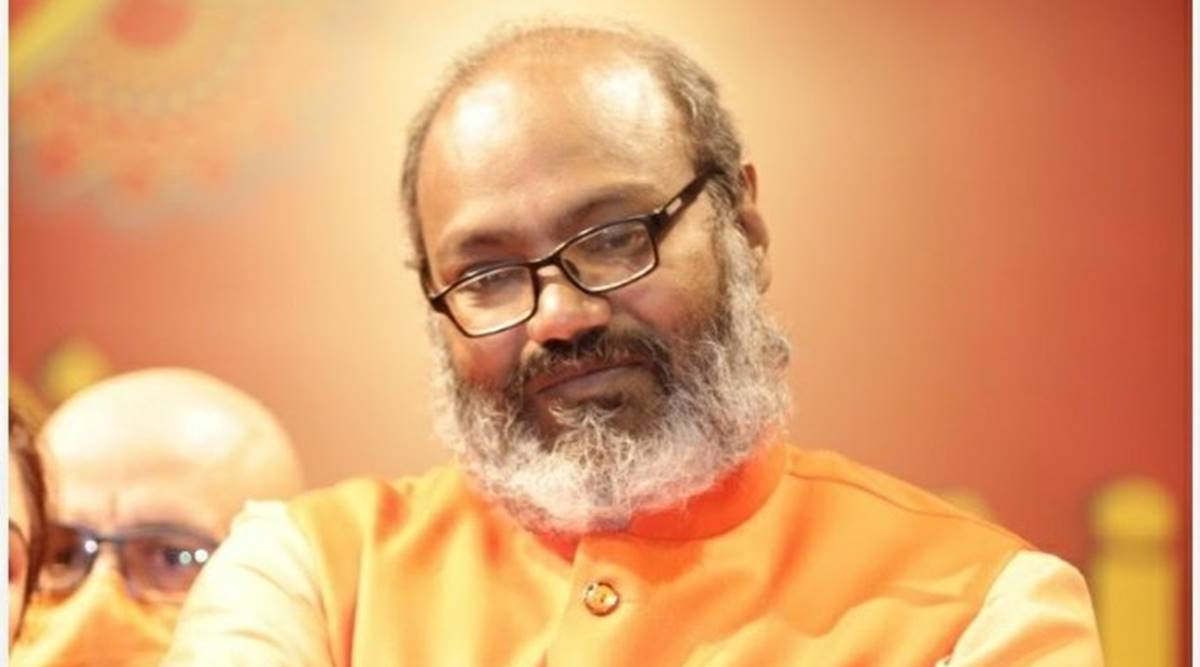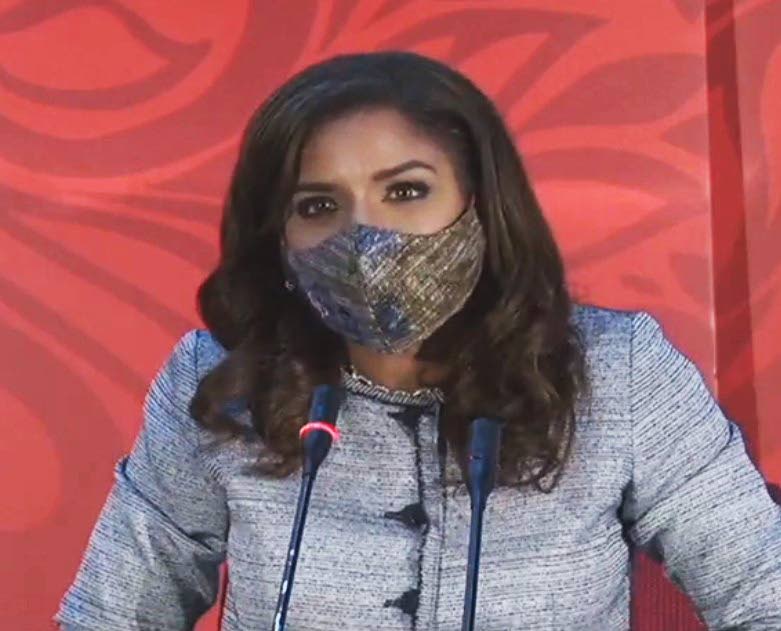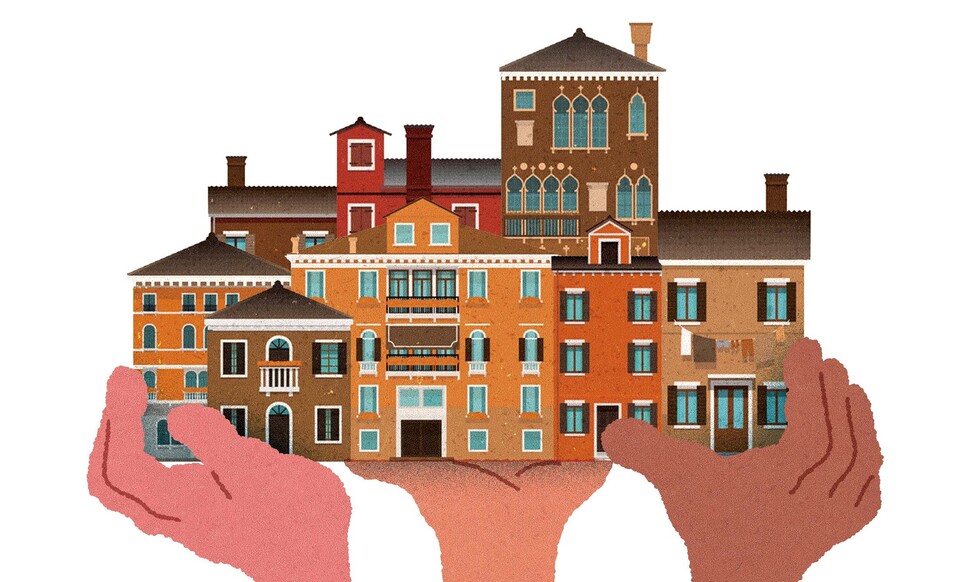Constant exposure to political stress has been associated with mental health risks and deterioration in general medical health
This article by Elisa Brietzke, Queen’s University, Ontario originally appeared on the Conversation and is published here with permission.
As a psychiatrist, I’ve never talked so much about politics with my patients as I have in the past two years.
It was surprising, though, when the conversations started to shift from more abstract concepts to concrete questions about my personal views on politically charged topics. Patients began to ask about my views on COVID-19 controversies, Donald Trump’s mental health, freedom of speech, the Black Lives Matter movement and neutral pronouns.
Political topics seem to be everywhere, and do not refrain from knocking on therapists’ office doors. From 24-hour news to social media hashtags, we are all surrounded by never-ending campaigns, discussions and sometimes fights over politics. We may even be involved in some of them.
Political stress
Everyone should take part in the decisions that affect their community. However, a significant number of people are letting stress over politics get so far under their skin that it’s making them sick.
In one study conducted in 2019, almost 40 per cent of Americans said that politics was a source of significant anxiety, insomnia and even suicidal thoughts. The negative impact was more prominent in those who were young, politically engaged or opposed to the government.
The constant exposure to political stress has been associated with increased risk of anxiety, depression and poor lifestyle choices, as well as deterioration in general medical health.
Part of the impact of the political climate on mental health is polarization, with a relevant proportion of the population clustered around the extremes of the liberal/conservative spectrum. In addition, voices from the extremes seem to be amplified by social media algorithms.
The arrival of COVID-19 found an already divided society. Ideologies and partisan politics ended up shaping perceptions about the pandemic and, consequently, the adherence to preventive measures such as masks, lockdowns and vaccines.
For example, one study conducted in United States in 2020 found that conservatives were more likely to state that the COVID-19 pandemic was receiving too much media coverage and that people were overreacting to the virus. On the other hand, liberals tended to report that government was not doing enough to contain the spread of COVID-19.
Politics in therapy
Between polarized politics and disagreements about COVID-19 response, it was only a matter of time before political stress arrived in the offices of psychotherapists, psychiatrists and mental health workers. Since 2019, the political climate has had an unexpected and overwhelming effect on psychotherapy patients. These discussions have occupied the centre of multiple sessions in a way that, for some therapists, has not been seen since 9/11.
It has become more common for people to want to know the political views of their health-care providers, especially those involved in mental health care. A recent American study involving a sample of 604 Democrat and Republican patients found that two-thirds of them reported talking about politics with their therapists, and that a better therapeutic alliance was obtained when they thought the therapist shared their political orientation.
Another study showed that 87 per cent of therapists discussed politics with their patients in sessions and that 63 per cent of them reported disclosing their own views to some degree, which happened more frequently when they perceived their patients as sharing their views.
Health impact of polarized politics
We are currently experiencing a severe health crisis and political division. These not only directly affect mental health, but can lead to extremism.
Because of this, the impact of political stress on mental health deserves to be probed more deeply, especially using systematic approaches. For example, we don’t know yet if political stress causes a health impact similar to the one observed in other situations of chronic stress.
Finally, mental health professionals are not immune to the animosity generated around politics. Patients with very different views from their own could potentially present challenges to care. This highlights the need for training in recognition and management of political stress in clinical practice, and the development of evidence-based strategies to deal with it.![]()
Elisa Brietzke, Professor, Department of Psychiatry, Queen’s University, Ontario
This article is republished from The Conversation under a Creative Commons license. Read the original article.
Note: This article have been indexed to our site. We do not claim legitimacy, ownership or copyright of any of the content above. To see the article at original source Click Here













